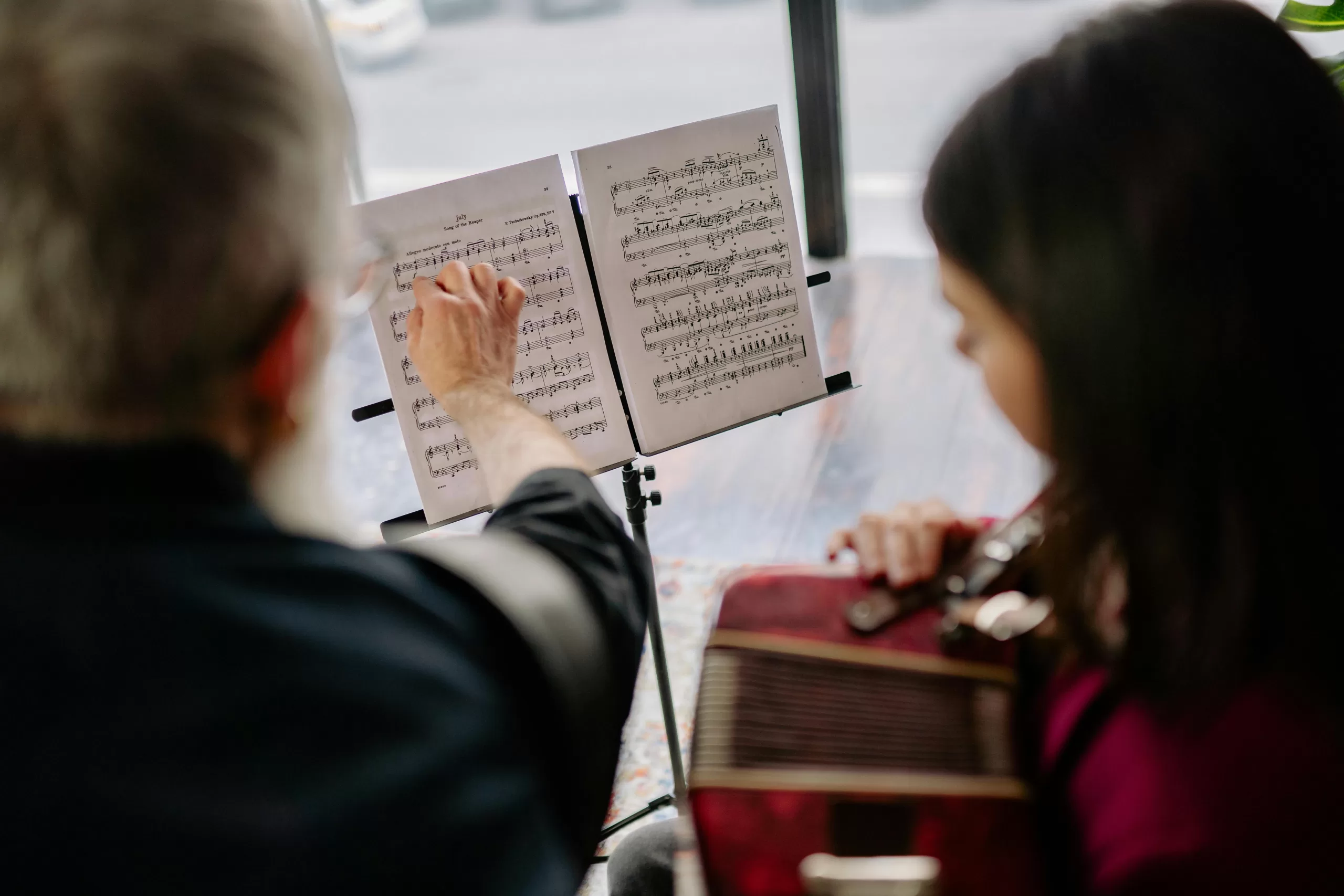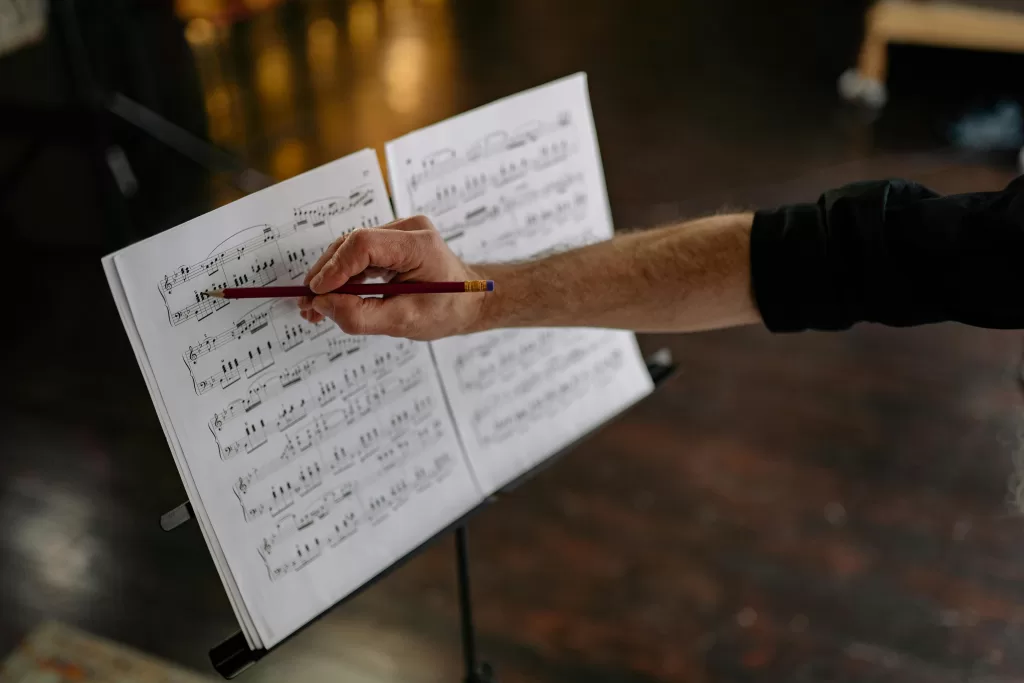Reading time: 6 minutes |
What is GCSE Music?
GCSE Music refers to students who are 14 to 16 years old in British senior school. It’s part of General Certificate of Secondary Education or briefly, GCSE qualification standard assessment for such age group of students. It sets up a very sound base further that engenders lifelong appreciation. Within the course of this article, I’m going to discuss what actually is GCSE Music.

Components of GCSE Music
Despite differences between the various examination boards (AQA, Edexcel, Cambridge International, etc.), GCSE Music exams typically consist of three main components:
- Listening: This component assesses a student’s ability to understand and appraise music. It often involves listening to musical excerpts and answering questions about various aspects such as:
- Musical elements (melody, rhythm, harmony, texture)
- Styles and periods (classical, jazz, pop, world music, etc.)
- Form and structure
- Music dictation
- Performing: This component ascertains practical musical skills in a student. This usually concerns the preparation and actual performance on any instrument, or vocals; it is assessed:
- Technical ability (playing notes correctly, maintaining rhythm)
- Musical interpretation (phrasing, dynamics, articulation)
- Overall musicianship
- Composing: This component tests students’ ability to create music. It typically involves composing original music, which is assessed based on:
- Musical ideas and originality
- Use of musical elements (melody, harmony, rhythm, form)
- Notation and composition skills
Exam Boards and Variations
While the core aspects of GCSE Music – listening, performing, and composing – usually remain constant between the exam boards, there can be slight variation on specific content. For example, the set pieces that students are required to study are usually different between boards. Some common exam boards in the UK include:
- Cambridge International (a.k.a. IGCSE – and I also happen to be one of their examiners!)
- AQA
- Edexcel
- OCR
- WJEC
- Eduqas
Each board has its own syllabus and specific requirements for the three areas: listening, performing, and composing. It is necessary, therefore, to check with the exam board’s syllabus of interest for specific details. I go through the syllabus requirement in most of my GCSE music lessons with the student right from the beginning of the course so that they know what lies ahead of them
Why Study GCSE Music?
Studying GCSE Music offers several benefits:
- Develops musical skills: It helps students improve their playing, singing, and understanding of music theory and history.
- Stimulates creativity: Composing music encourages imagination and develops problem-solving skills.
- Broadens musical knowledge: Students learn about different musical styles, periods, and cultures, which are essential knowledge to any musicians.
- Prepares for further study: It is a valuable foundation for studying music at a higher level, such as A-level, IB, or university.
This article is only a short overview of what GCSE Music entails, but I hope it gives an impression of what it’s about. It can seem a bit demanding since it really requires students to be good at three roles: performer, composer, and listener. Actually, many students approach me for their composing components in particular, since this is often quite difficult to handle without the right guidance.
But most importantly, GCSE Music is a great option for those people who love music and want to enhance their musical talents. With mastery of these three strands, you develop a really sound musical knowledge in theory, history, and skills for life. Whatever the stage one is at, I am offering GCSE music lessons according to requirements. Do not hesitate to get in touch any time.


